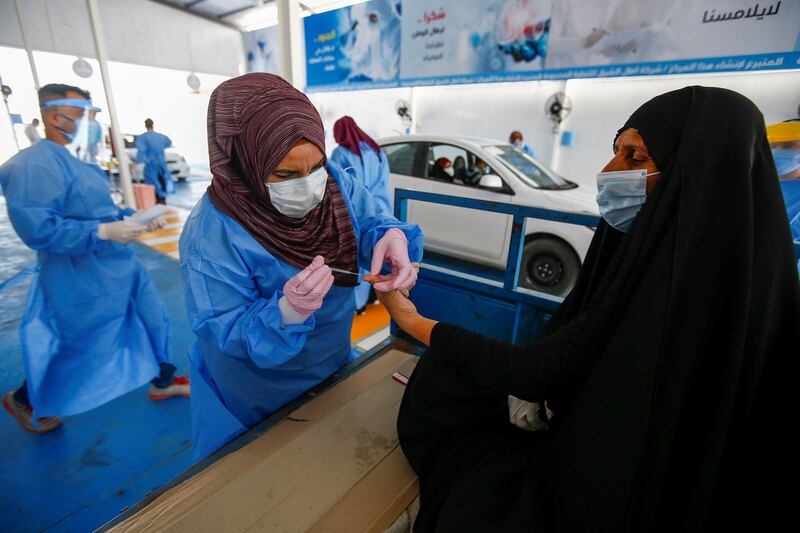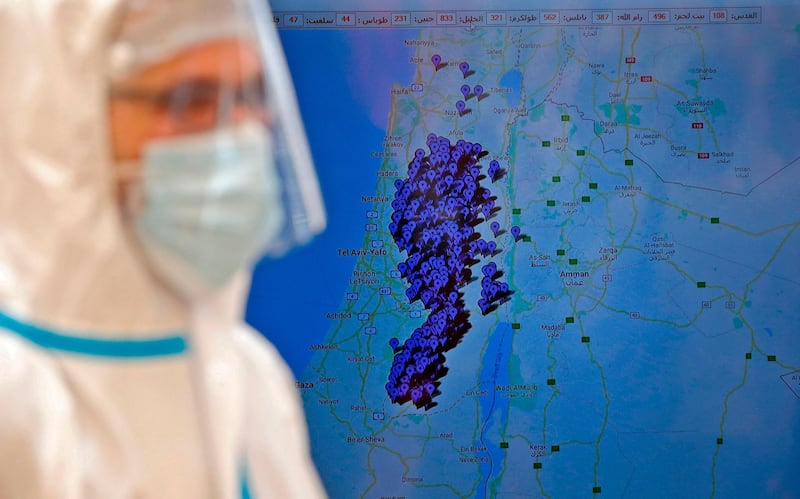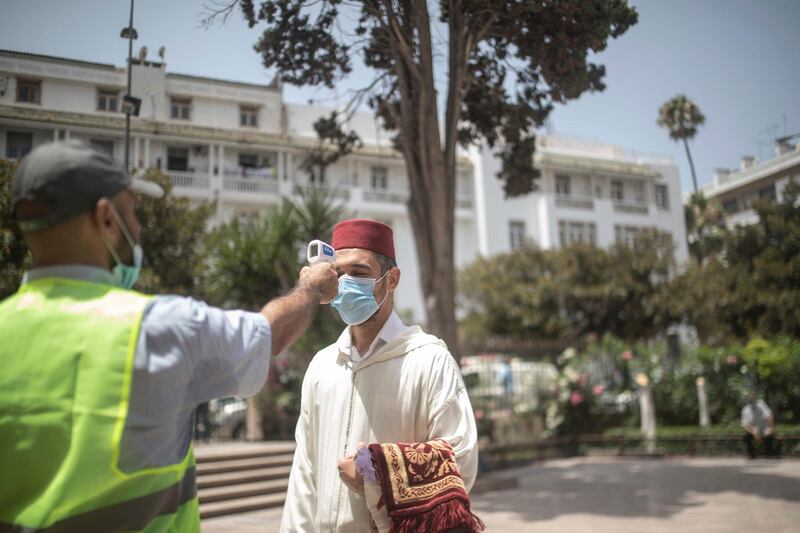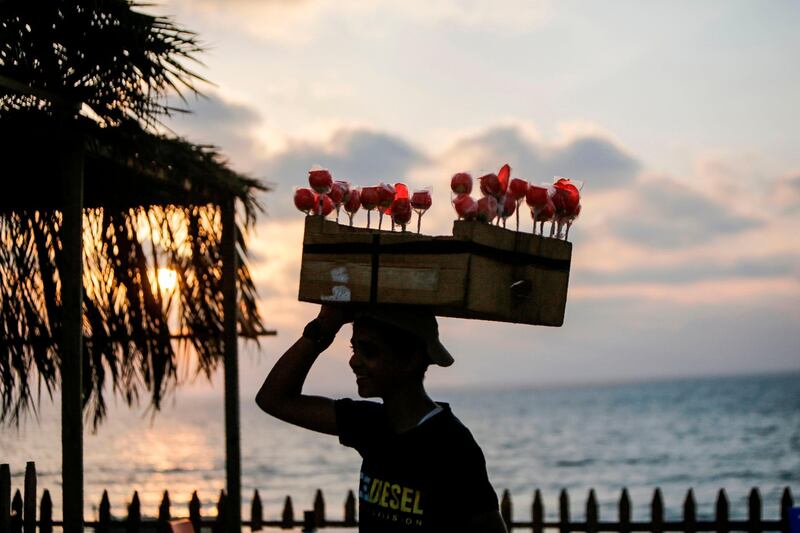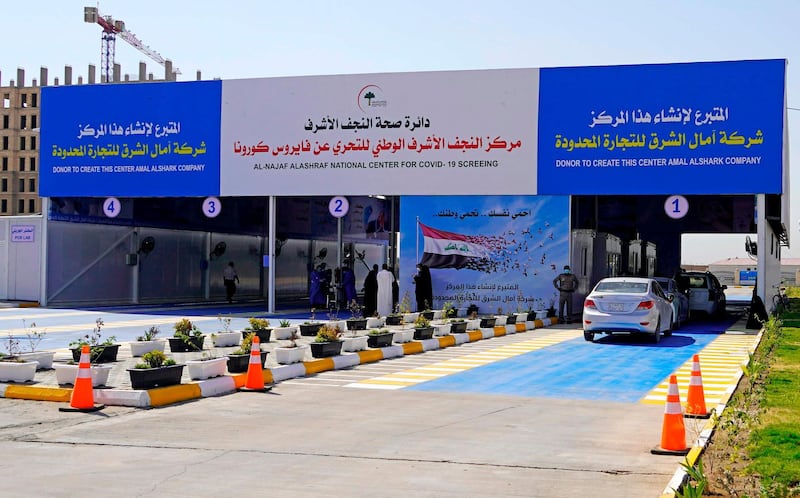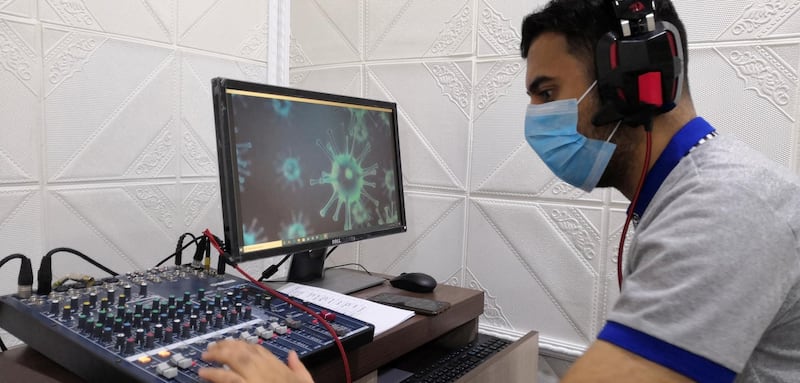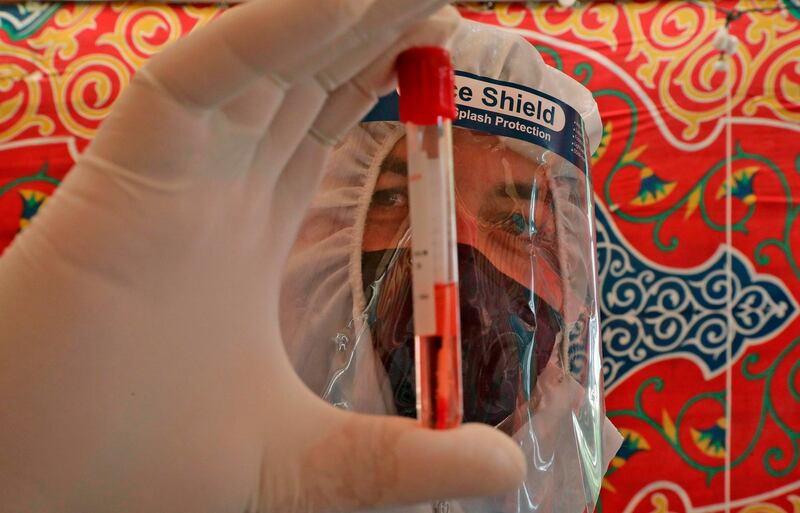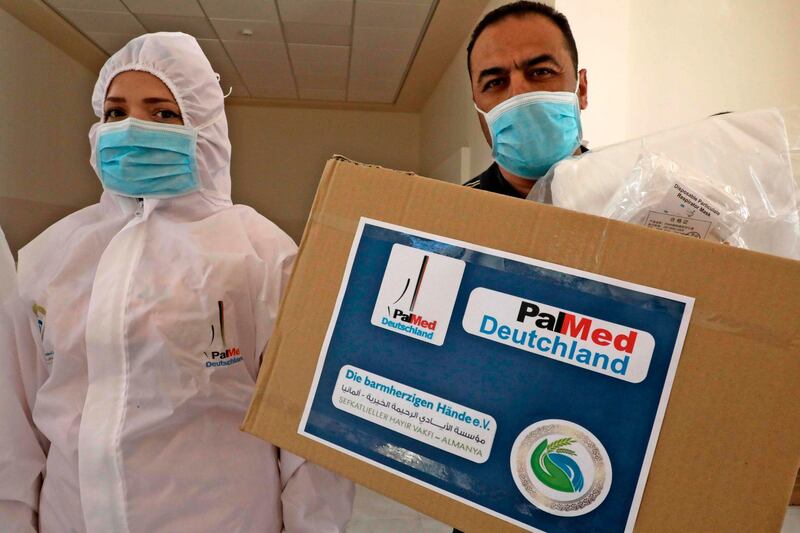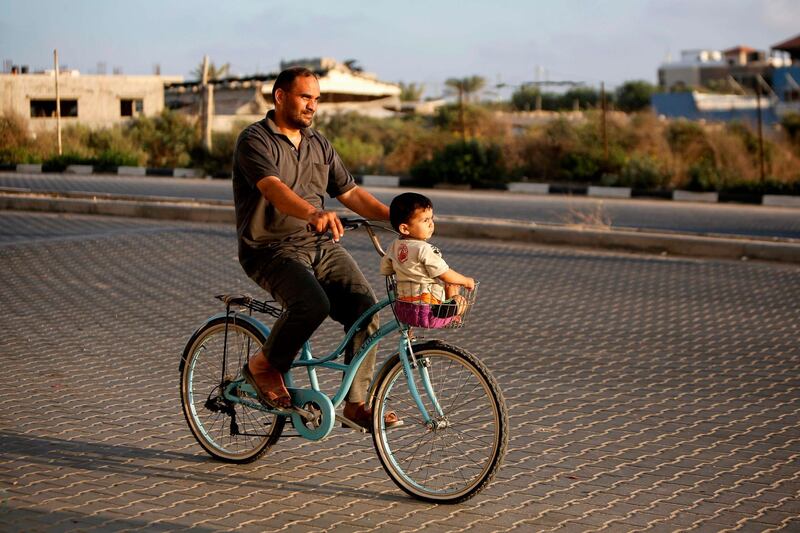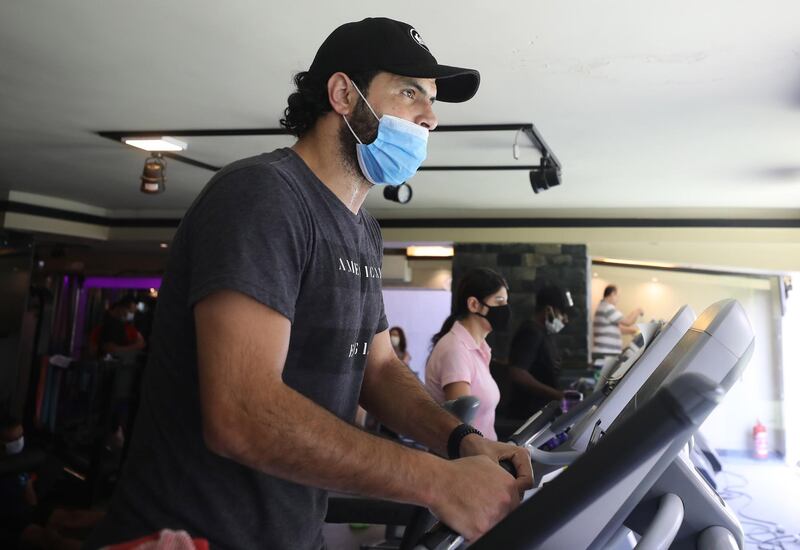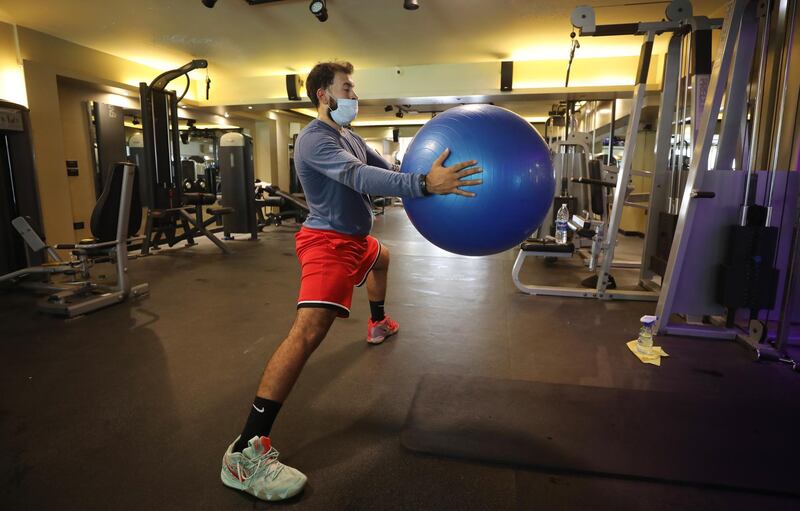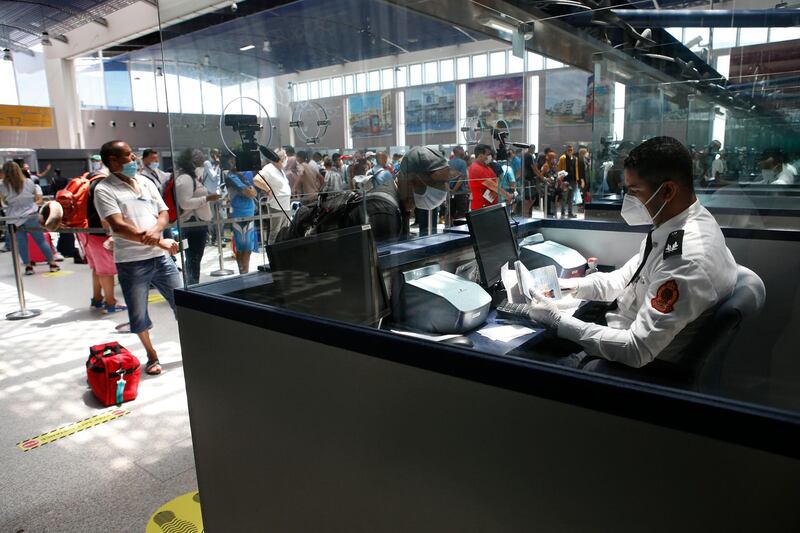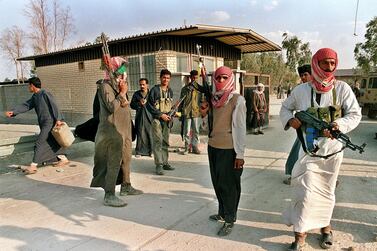Iraq is planning to reopen malls and airports in the coming weeks, amid an easing of measures brought in the stem the spread of coronavirus.
It comes as Iraq continues to report its highest numbers of coronavirus cases per day. On Wednesday the country confirmed 2110 cases, taking its total to 86,148, with 3,522 deaths.
Airports will be allowed to open on July 23 and malls even sooner if they adhere to social distancing guidelines and other prescribed measures.
Lockdown hours will be reduced to 9.30pm-6am, starting Sunday, and lifting completely after the Eid Al Adha holiday.
A statement released by Iraq's Higher Committee for Health and Public Safety said the changes were decided after a meeting in Baghdad on Thursday.
#Covid19: The @IraqiGovt reduces curfew hours, permits the reopening of airports, some land border crossings and malls. Click here to read more: https://t.co/o0aT71gyIc
— Government of Iraq - الحكومة العراقية (@IraqiGovt) July 16, 2020
The Al Mundhiriyah, Safwan and Al Shaib land borders with Kuwait and Iran will also reopen for trade. Iran has suffered heavily from the spread of the virus with 267,061 cases and 13,608 deaths.
On announcing the changes, the committee underscored the importance of adhering to strict preventative health measures and social distancing rules, and reiterated that Covid-19 remains a serious threat to public health.
After seeing a relatively slow spread in the first five months of 2020, cases spiked 600 per cent in June alone, according to the International Rescue Committee.
"The rate at which Covid-19 is spreading through Iraq is extremely alarming," said Christine Petrie, IRC's country director.
The country's health system – already worn down by years of war and poor investments – has been overwhelmed by the rising numbers.
Protective equipment, respirators and even hospital beds are all running low, forcing authorities to turn expo centres, stadiums and hotels into coronavirus wards and confinement centres.
Particularly stark is the "severe shortage of oxygen", according to the World Health Organization, which recently airlifted 300 oxygen concentrators to help Iraqi hospitals cope.
Aid has also been donated from foreign countries, most recently Turkey, the United Arab Emirates and the US.
Still, footage shot in hospitals in Iraq's south shows patients struggling to breathe without access to respirators as their family members berate health staff.
